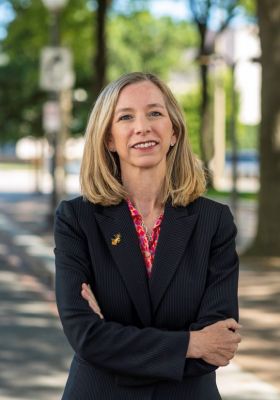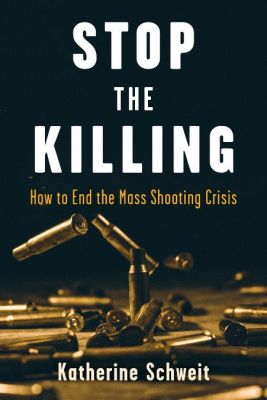Shadow Politics

Shadow Politics is a grass roots talk show giving a voice to the voiceless. For more than 200 years the people of the Nation's Capital have ironically been excluded from the national political conversation. With no voting member of either house of Congress, Washingtonians have lacked the representation they need to be equal and to have their voices heard. Shadow Politics will provide a platform for them, as well as the millions of others nationwide who feel politically disenfranchised and disconnected, to be included in a national dialog.
We need to start a new conversation in America, one that is more inclusive and diverse and one that will lead our great nation forward to meet the challenges of the 21st century. At Shadow Politics, we hope to get this conversation started by bringing Americans together to talk about issues important to them. We look forward to having you be part of the discussion so call in and join the conversation. America is calling and we're listening… Shadow Politics is about America hearing what you have to say. It's your chance to talk to an elected official who has spent more than 30 years in Washington politics. We believe that if we start a dialog and others add their voices we will create a chorus. Even if those other politicians in Washington don't hear you — Senator Brown will. He's on a mission to listen to what America has to say and use it to start a productive dialog to make our democracy stronger and more inclusive. If we are all part of the solution we can solve any problem.
Guest, Katherine Schweit

Katherine Schweit frequently provides interviews and analysis for on air, radio, and print media on issues related to mass shootings, active shooters, threat assessments, school and business security, law enforcement matters, critical incidents, crisis communications, and other security-related matters.
She is an author, attorney, former Chicago prosecutor, and career Federal Bureau of Investigation special agent who authored Stop the Killing: How to End the Mass Shooting Crisis (Aug. 2021; Rowman and Littlefield). The guidebook is a revealing look into how she counsel’s clients in her current security consulting business, Schweit Consulting LLC.
After the murder of 20 children and six adults at Sandy Hook elementary school in 2012, Schweit was promoted to the FBI executive ranks and joined a violence prevention team as part of a White House National Security Council effort within then-Vice President Joe Biden’s office. There, she worked with leaders from other federal agencies gathering best practices from federal and private industry experts, nationally and internationally. She was part of the crisis team responding to incidents, including the shootings at the Holocaust Memorial Museum, the Pentagon, and the Navy Yard in the Washington D.C. area.
She wrote the FBI’s seminal research, A Study of 160 Active Shooter Incident in the United States, 2000 – 2013. This benchmark study is the only research ever done relying on law enforcement reports. Her access to survivors and first responders prompted her role as executive producer of the award-winning dramatic film and documentary, The Coming Storm; a depiction of how to prepare for what happens after a shooting. At its premier at the annual International Association of Chiefs of Police convention, then-FBI Director James B. Comey called the film “the most important training available to law enforcement today.” The film is widely used in security and law enforcement training in the United States and relied on by the Department of State worldwide.
She is the former director for security training for a Fortune 300 company, and a member of DePaul University College of Law’s adjunct faculty, teaching courses in the culture of the Second Amendment and the rules of evidence. At Webster University, Ms. Schweit teaches courses in business and cyber law and policy. She is a Certified Compliance and Ethics Professional. As a member of the federally funded National Center for School Safety, her expertise in school safety supports the University of Michigan-led effort to provide extensive, free resources to school administrators, teachers, parents, and school resource officers.
A native of Detroit, Ms. Schweit earned a bachelor’s degree in journalism from Michigan State University and wrote for daily newspapers in Michigan and Chicago. She earned a law degree at DePaul University and joined the Cook County prosecutor’s office as an assistant state’s attorney. As a journalist she earned state and national writing recognition, including a Peter Lisagor Award for her 1990 analysis of discipline meted to judges and attorneys by the Illinois Supreme Court after one of the largest FBI public corruption investigations ever conducted. Today, she lives in Northern Virginia, outside of Washington D.C.










